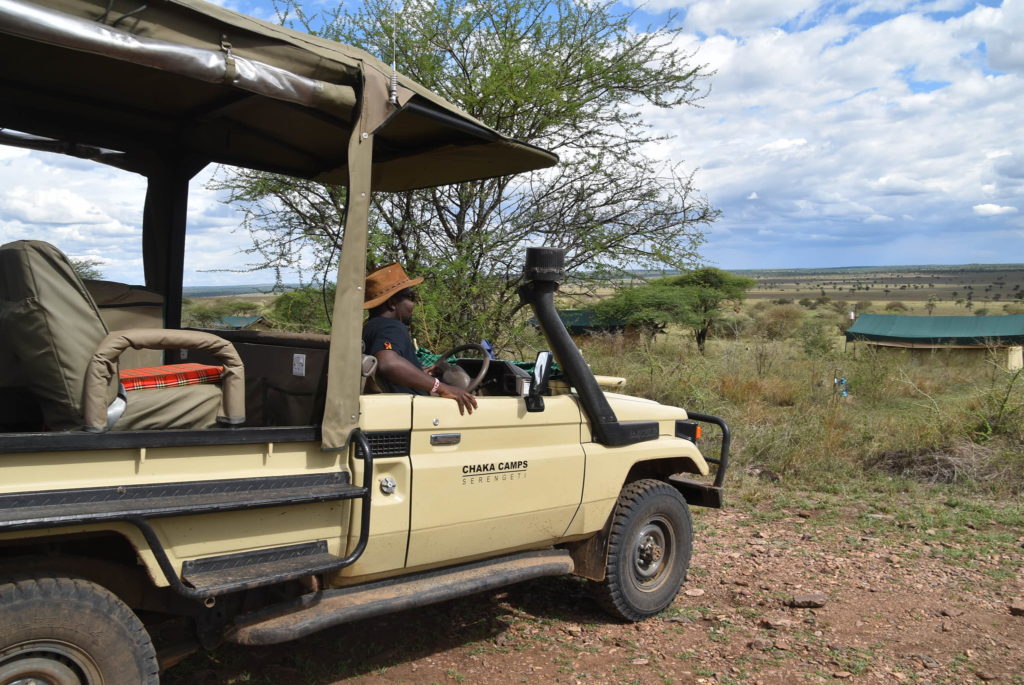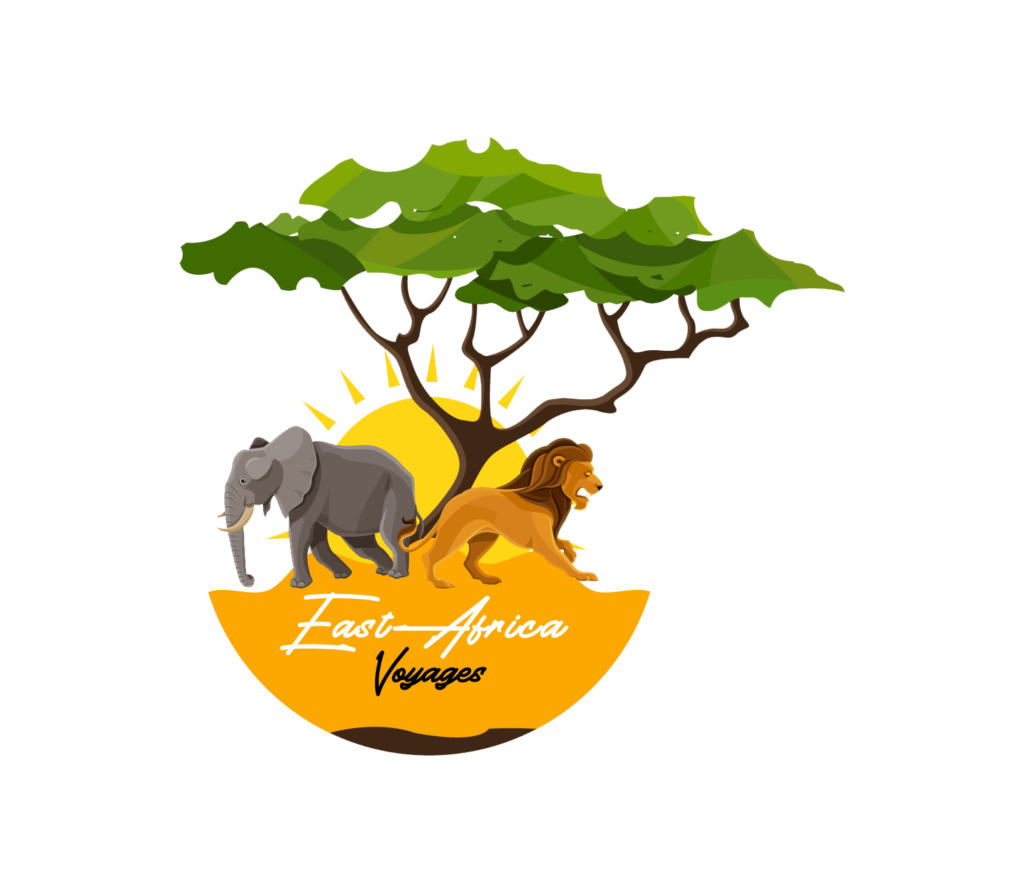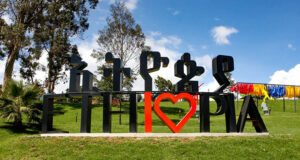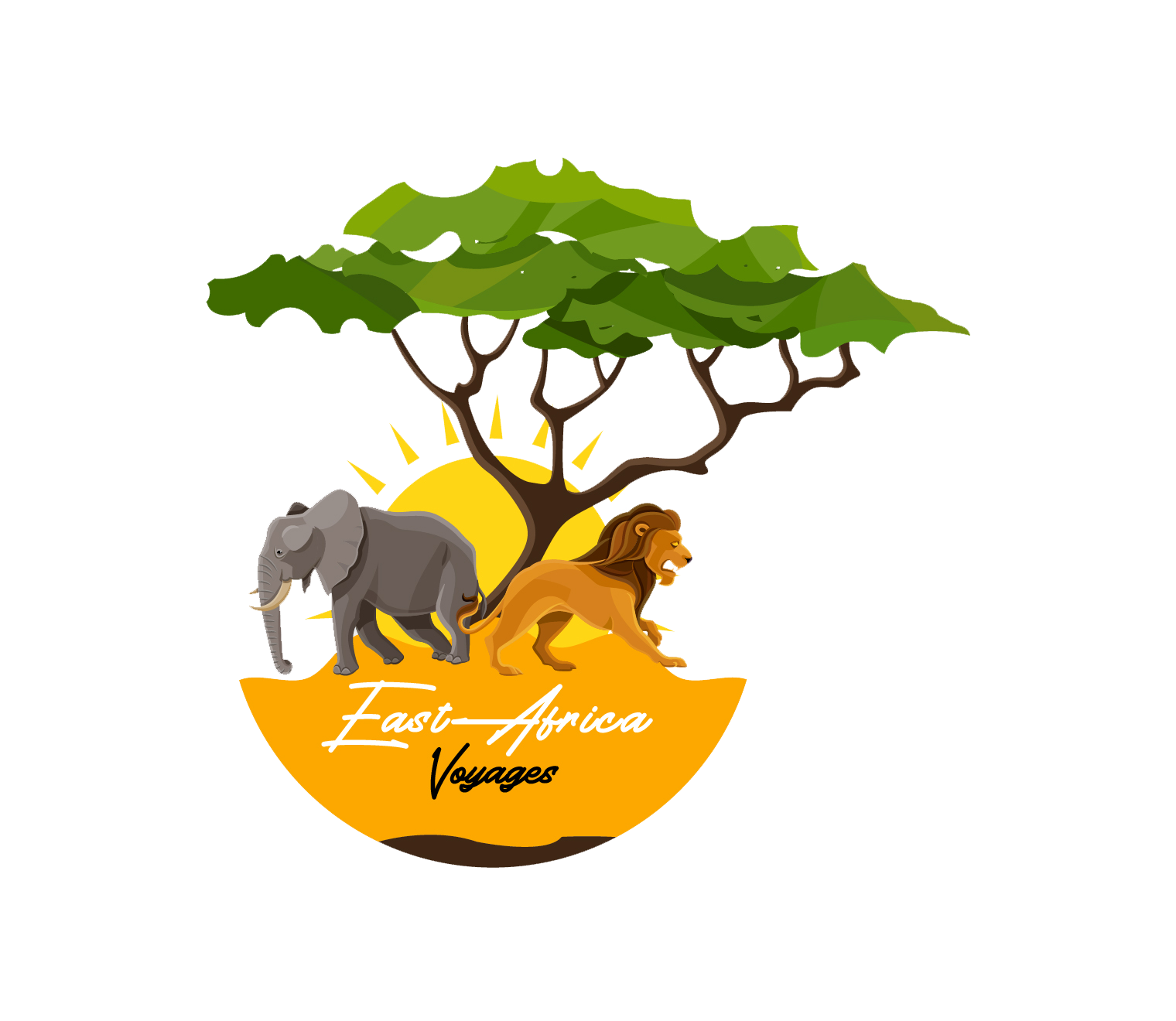Tanzania as a country and a tourist destination is one of Africa’s most sought after. The East African giant do not only boost of fascinating attractions like the Kilimanjaro, Serengeti among others but have very tour operators and tourism enterprises run and owned by locals.
From the major players in Tanzania’s tourism space to the ancillary tourism offering would you find Tanzanians playing key roles. This is undoubtedly a plus for the tourism destinations and acts as a tourism multiplier effect to the growth of the country’s economy.
As tourism grows in Tanzania, so does the local participation increases in the tourism industry. Jobs are created through the tourism multiplier effects. Small and medium enterprises such as local food joints, selling of organic products to the tourists increases and so does local cultural activities increases too.

One of the largest running local tourism markets that has approximately 120 tribes are found in the northern circuit of Tanzania. You will get the chance to see the different activities and businesses done with these tribes such tailoring dresses, handbags, jewelleries, local & traditional foods and brewery, dances and many more a tourist wishes to see.
The northern circuit is the hub of tourism in Tanzania and hosts three world heritage sites, Serengeti, Ngorongoro and Kilimanjaro. Furthermore, not leaving out the interconnected biospheres around Tanzania that brings tourists together on these touristic destinations such as Lake manyara, Gombe Masito Ugalla, Serengeti and Kilimanjaro.
Nonetheless, it is not only these amazing natural and cultural destination activities that encourages and motivates the local people to participate.
Accommodation establishments as part of their product offering to guests at their facilities do engage the local community in delivering service. Maasai cultural cloth tailoring, jewellery making and dancing are among the activities usually offered to guests.
The Government in some occasions offer incentives such as land (WMA’s) to the locals to build safari lodges and Shops.
The Ministry of Tourism and Natural Resources, Tanzania Tourist Board and other allied tourism bodies continues to engage the local communities about the numerous job opportunities in the sector as well as help them in development of the product.
As the government and the private sector continue to educate the importance of tourism, conserving both cultural and natural heritage they can benefit out of it and provide them with so many benefits.
Along the way the government also benefits from the local participation into the tourism sector and it is portrayed on the countries economy.
Author: Maria Marandu






